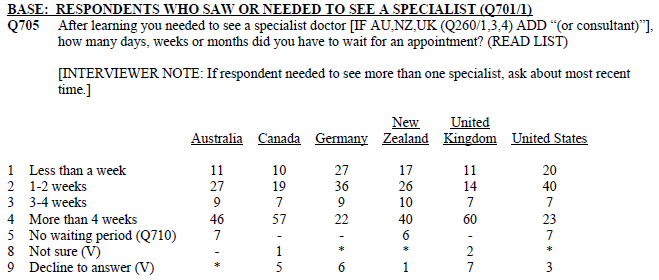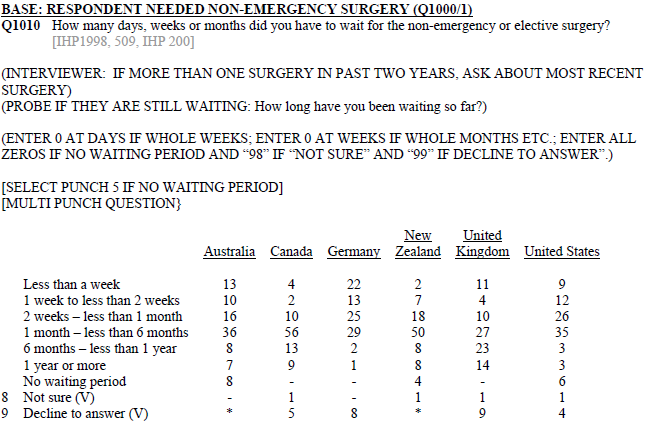Since my question has been apparently skipped over by the flood of posts, I'll ask again.
For those of you who did this or that surgery or stayed in a hospital for a week and paid little to nothing, I ask who paid for it?
I mean doctors and surgeons don't work for free and neither do their machines and tools...
Just curious...
I live in Greece. Here, a part of your income goes straight to the state. Also, employers pay money to the state for each of their employees.When I say state, I mean some sort of social security agency. Not everyone has the same agency (it depends on your job), but they are all public.
These money are used mainly (i) to be returned to you when you get old and cannot work anymore in the form of a monthly check and (ii) to pay for your health issues. Actually, your agency pays your health bills no matter how high they are, it is not necessary that you have contributed all the money in the past.
Since not everyone gets sick all the time, the money collected from all the people are enough to pay the bills of those who get sick.
There are differences among agencies. For example, public servants and university students can visit any doctor they like. Merchants have a list of doctors and they can choose among them. Still, everyone can visit a public hospital and be hospitalized.
People get most things for free. Some agencies don't cover things like cosmetic surgeries. Or you may have to pay something like 10% for some specific medication.
Plus, the employee's children and spouse (if non-working) c=receive the same treatment (except that the percentage for the medication may be a bit higher).
As for the wait-lines and such, there are some but not because of the health system. They are due to the Greek bureaucracy. It's not like if you go to one of the private institutions you can avoid those. There are aspects that can be greatly improved but generally, every time me or my family had to receive medical treatment it was almost 100% free and quite convenient.
I hope I described things efficiently.











